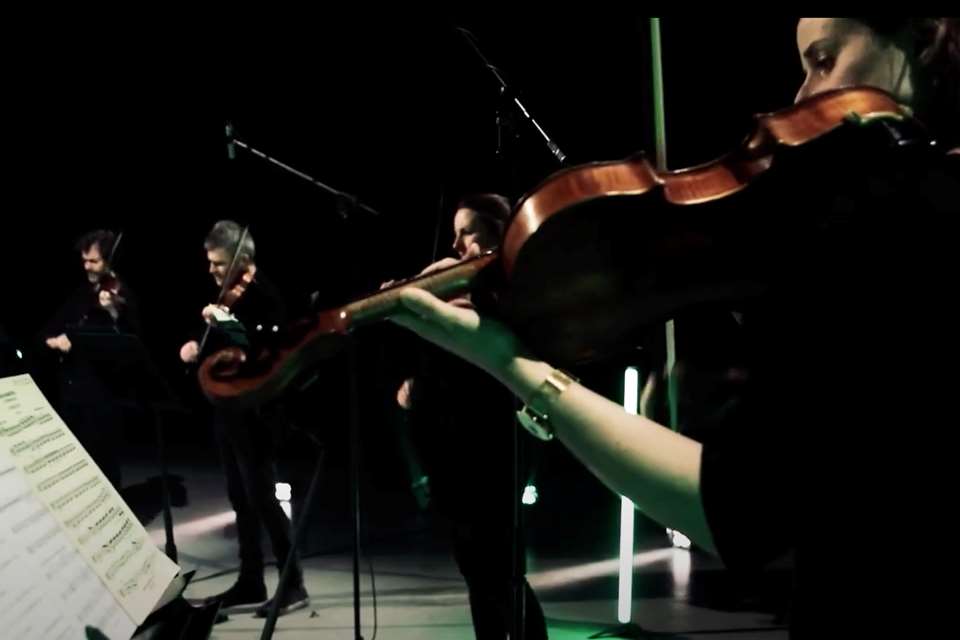David Le Page introduces Labyrinths – The Digital Concert
David Le Page
Monday, January 17, 2022
The new digital concert from David Le Page and the Orchestra of the Swan features music by Pink Floyd's Syd Barrett, Trish Clowes, Purcell, Mozart, Vaughan Williams, Schubert and Bartók, and is free to stream now
Register now to continue reading
Thanks for exploring the Gramophone website. Sign up for a free account today to enjoy the following benefits:
- Free access to 3 subscriber-only articles per month
- Unlimited access to our news, podcasts and awards pages
- Free weekly email newsletter









